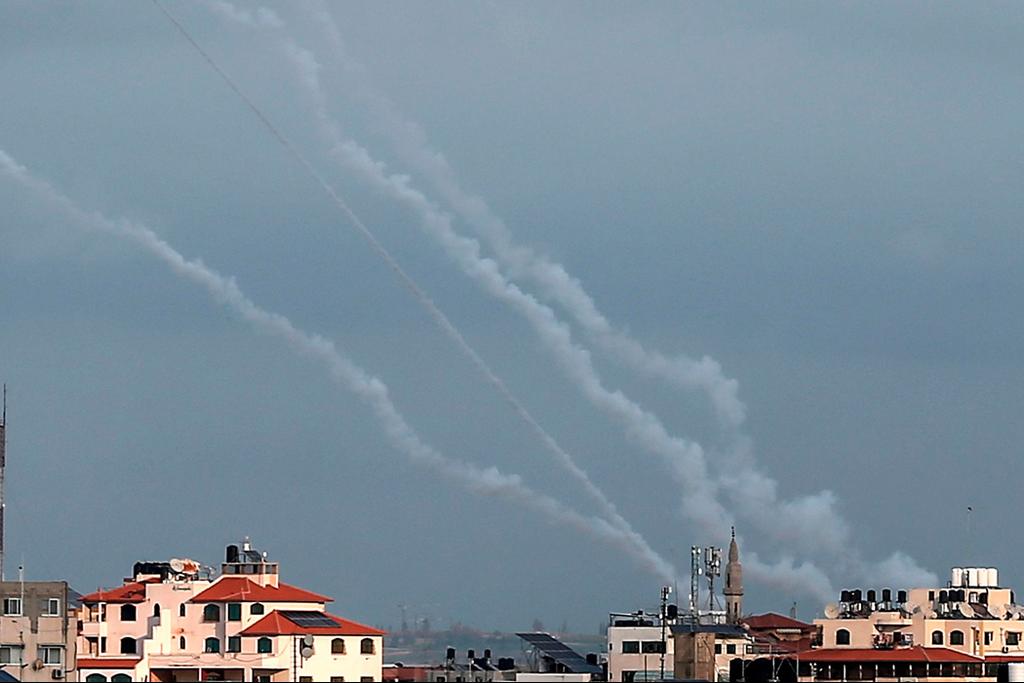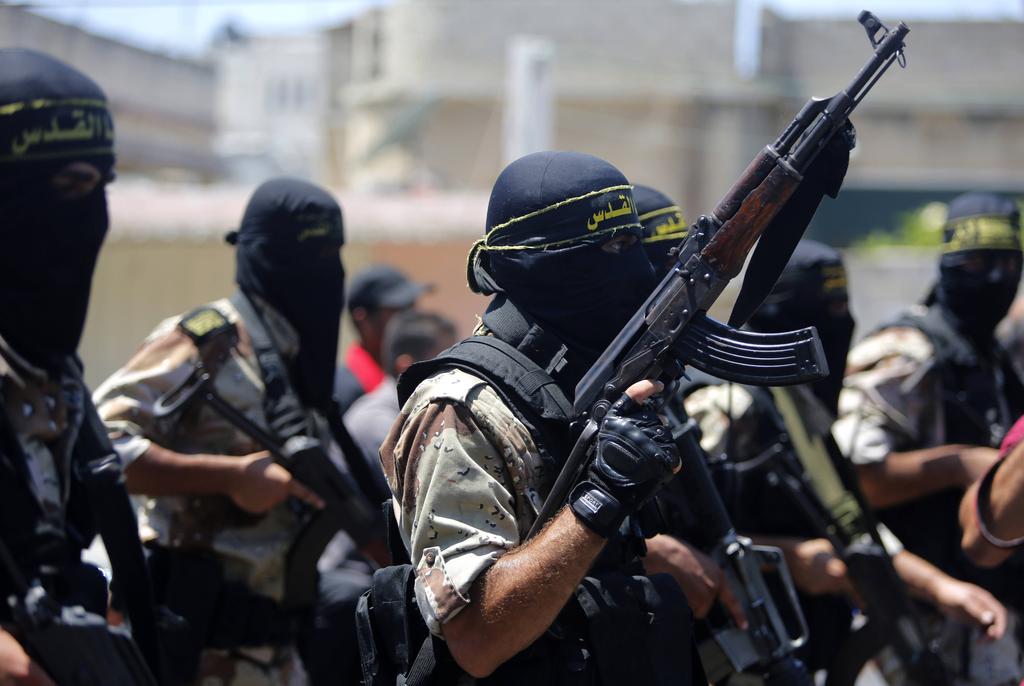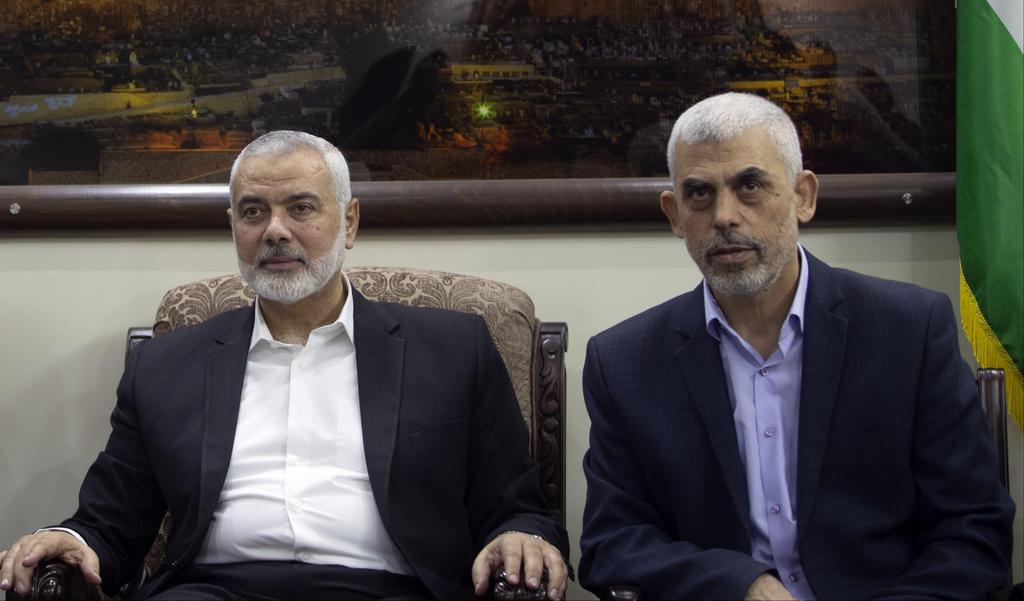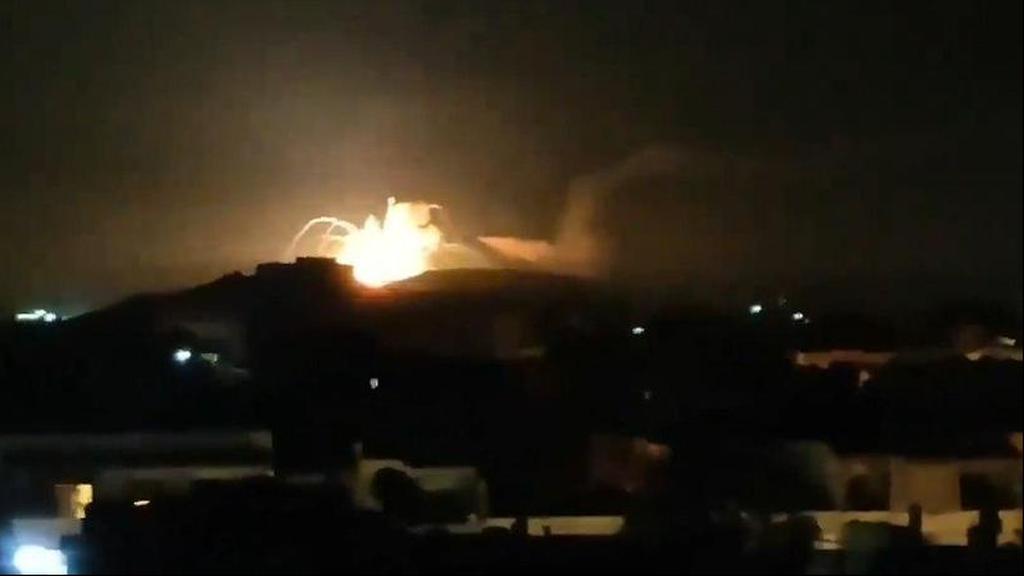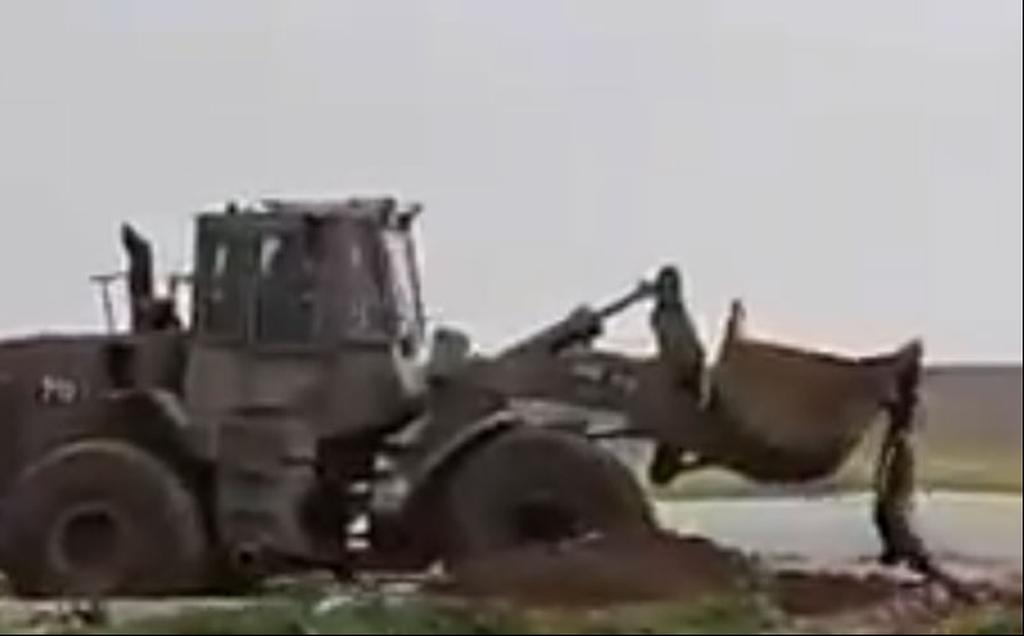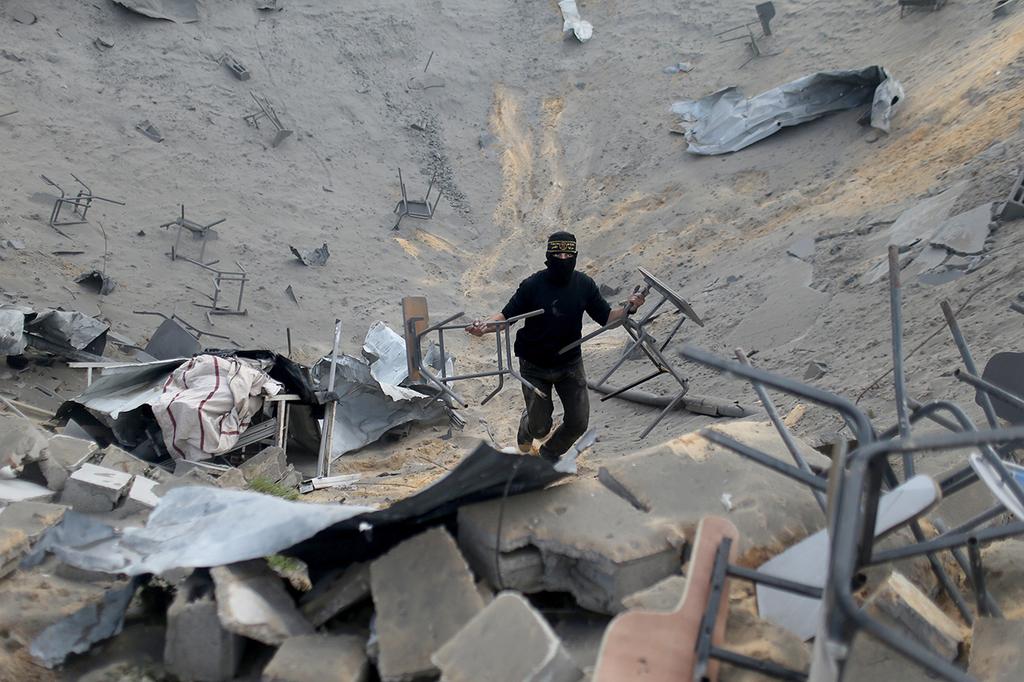Getting your Trinity Audio player ready...
After a number of violent cycles, a short military campaign, and dozens of rockets launched towards the south, including the cities of Ashkelon and Netivot, the motives of the Palestinian Islamic Jihad (PIJ) terror group remain the same - preventing any long-term agreement between Hamas and Israel brokered by Egypt and financed by Qatar.
The PIJ considers itself a religious resistance group conducting a holy war to bring about the destruction of Israel, but it is also motivated by its need for financial assistance that will keep arriving as long as the group panders to its Iranian sponsors.
After the assassination of Iranian Revolutinary Guards Corps commander Qasem Soleimani in January, Tehran instructed the PIJ and other Iranian proxies to increase their terror activity.
These orders propelled the organization's increased efforts to target Israeli troops with sniper fire and explosive devices placed along the border fence.
The military decided on Monday to close off roads near the border, expecting anti-tank fire, a favored weapon of the Islamist faction, to target vehicles traveling on those roads.
Hamas is the de-facto ruler of the Gaza Strip and according to a joint agreement between the factions, has restricted PIJ's operational freedom by limiting the number of rockets launched and targeting open areas to avoid casualties.
But the Islamist group is no longer satisfied with the agreement. Its Damascus-based leadership is out for revenge after an Israeli strike on the home of its senior member Akram al-Ajouri last November resulted in his son's death while he and his daughter were both injured.
Hamas understands that Islamic Jihad is intent on disrupting any agreement that will lead to calm on the border but is unable to stop it.
Both factions are now almost equal in size and military capabilities, while the PIJ enjoys the support of the Strip's smaller and more radical factions.
A current confrontation between the two main factions may turn out badly for Hamas after many Gazans have undergone religious radicalization.
Yesterday, the Hamas juggling act fell apart after images appeared showing a dead militant's remains being moved about by the IDF, with the use of a tractor.
The anger that resulted in the perceived abuse of the dead, spread beyond the PIJ to the general public, forcing Hamas to stand down while the PIJ's vengeance began.
A long-term understanding is in the interest of Israel that hopes an agreement might include the return of two Israelis held in Gaza along with the remains of IDF soldiers killed in 2014.
But a measured response by the military to the massive rocket fire would likely harm what is left of Israel's deterrence.
IDF Chief of Staff Aviv Kochavi ordered on Sunday a strike on PIJ weapons production infrastructure in Damascus. Still, the renegade faction has not been incapacitated.
Hamas is still off the IDF's list of targets because its predicament is well understood in Jerusalem. At least until next week's Election Day – Israel will avoid a wide-scale military campaign. And if not, maybe after the fourth elections.


